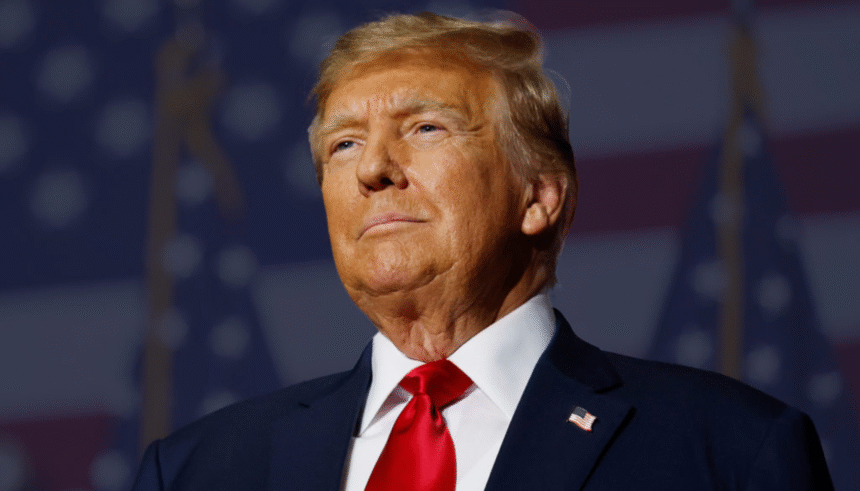What’s on the American president’s mind, and what factors might shape his decision to intervene—or not—in the escalating conflict between Israel and Iran? These are the crucial questions dominating geopolitical discussions in Washington today.
Potential Direct US Involvement in Israeli Offensive
From a military perspective, the U.S. could play a decisive role. Only American forces possess the sophisticated bunker-buster bombs believed capable of penetrating the underground facilities where Iran reportedly hides the most critical components of its nuclear program. In this scenario, intervention might be seen as necessary to ensure the complete elimination of the nuclear threat, a mission Israel might struggle to achieve alone.
However, geopolitical calculations are also at play. What does the U.S. stand to gain by directly engaging in the war? And what might be the cost for the Trump administration and the nation as a whole? The president’s personal prestige is also on the line: if Prime Minister Netanyahu appears close to a “historic solution” to the Iranian issue—a problem that has vexed every American president since the Jimmy Carter hostage crisis—Donald Trump may be reluctant to remain a mere spectator at such a pivotal moment.
Understanding Trump’s Stance: Four Key Considerations
In an analysis published in The New York Times, Ross Douthat, a respected conservative analyst in the U.S., offers four significant insights to help understand Trump’s position on this heated issue:
- Trump’s Support for Israel’s War Is Not Surprising, Even if Indirect. Trump has never been one to advocate for the U.S. staying out of international affairs. During his first term, he maintained a tough stance on Iran and has consistently been willing to use military threats as a negotiating tool. What is more surprising, perhaps, is that the decision to allow the war to escalate came after he had reportedly distanced himself from some of his more hawkish advisors—a fact that has surprised many non-interventionist conservatives.
- The Argument for Restraining Israel Has Weakened. Concerns that the war would destabilize the region and endanger American soldiers are less potent now, given that Israel has reportedly succeeded in degrading Hamas and Hezbollah throughout 2024. This reduces Iranian influence and strategically benefits the U.S., which faces numerous challenges from Russia and China.
- “America First” Doesn’t Shield from Consequences. Some figures on the nationalist right attempt to portray support for Israel as separate from a tangible American military commitment. However, history demonstrates that wars often draw in major powers, whether they initially desire it or not. Should Iran face collapse, the U.S. would likely be compelled to intervene to manage the aftermath.
- A Loss in Such a War Would Have Profound Consequences for the American Right. A failure in Iran could empower darker forces within the right, potentially leading to an increase in conspiracy theories, antisemitism, and ideological despair. If Trump were to be perceived as responsible for a lost war, it could damage not only his legacy but also the stability within his political base.







